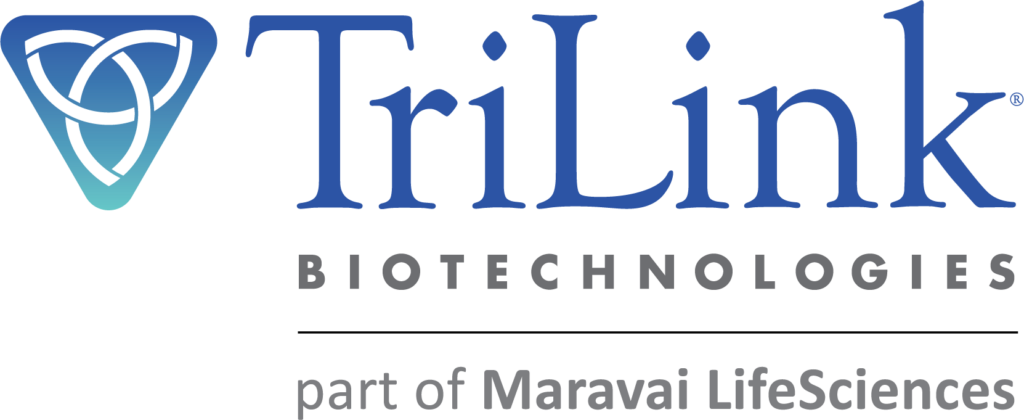- Time:
When CRISPR-Cas9 gene-editing technology exploded onto the life science stage almost a decade ago, it was widely touted as a potentially curative therapy for many genetic diseases, using various ex vivo and in vivo delivery methods. That promise is rapidly becoming a reality. In June 2021, Intellia Therapeutics and its partner Regeneron announced positive interim clinical data from a Phase 1 trial evaluating NTLA-2001—a potentially curative therapy based on the Nobel Prize-winning CRISPR technology—in patients with a rare liver disorder, hereditary transthyretin amyloidosis (ATTR) with polyneuropathy. These landmark results support not only the safety and efficacy of in vivo CRISPR genome editing in humans but also point to meaningful therapeutic benefits.
In this webinar hosted by GEN and The CRISPR Journal, Dr. Laura Sepp-Lorenzino Chief Scientific Officer at Intellia, will share the company’s progress in both in vivo and ex vivo genome editing approaches. In particular, she will discuss the recent advances made regarding NTLA-2001—the first-ever investigational CRISPR-Cas9 therapy candidate to be systemically delivered for the treatment of ATTR amyloidosis.
A live Q&A session followed the presentation, offering a chance to pose questions to our expert panelist.
Webinar produced with support from:

Executive Vice President
Chief Scientific Officer
Intellia Therapeutics




Comments are closed.